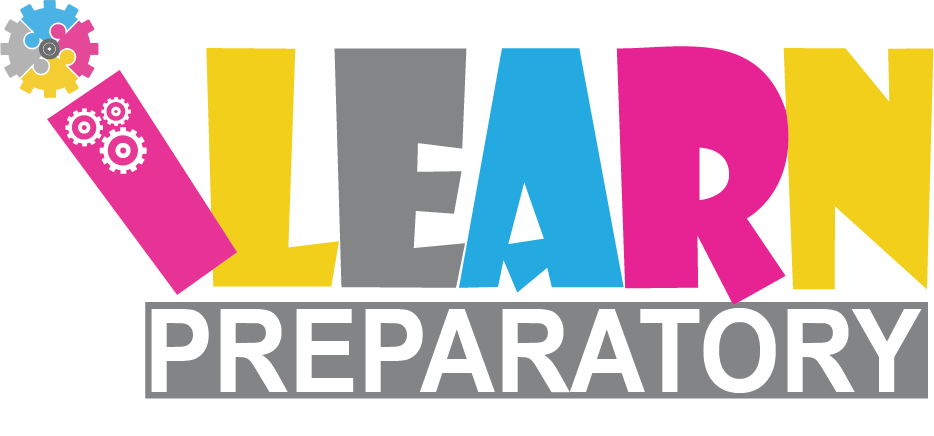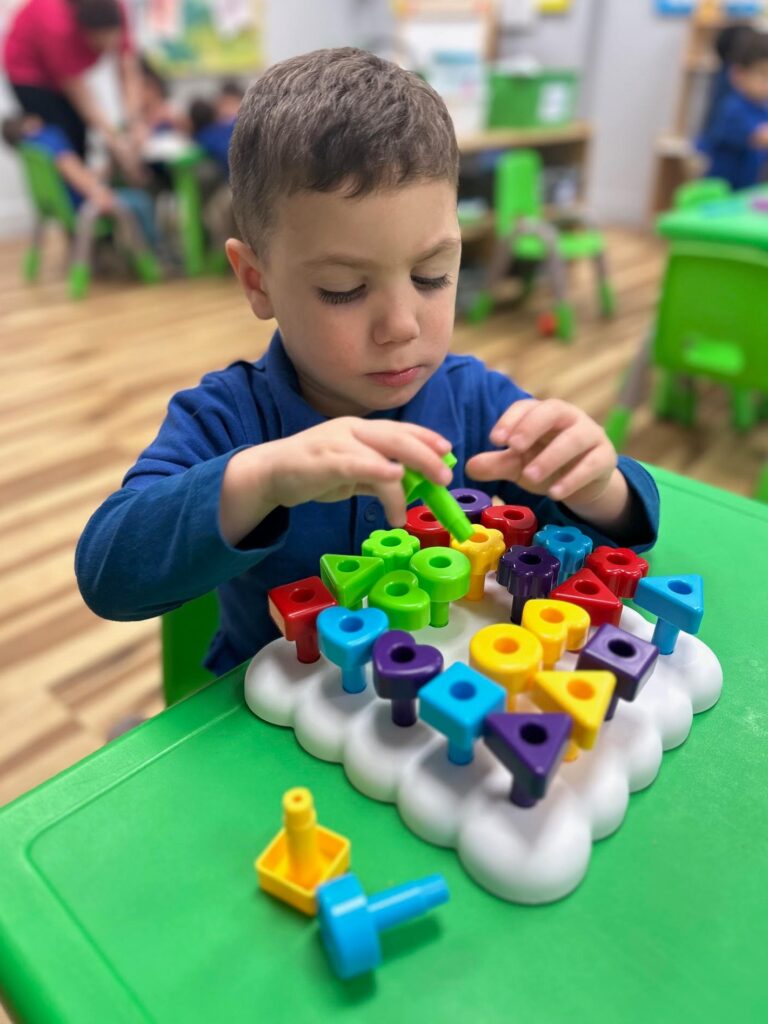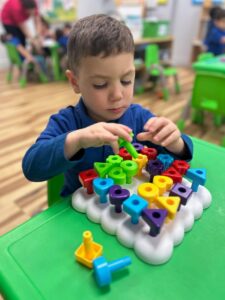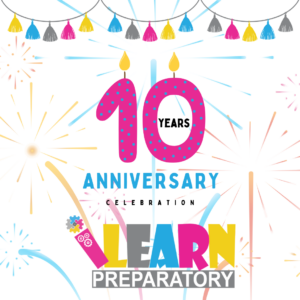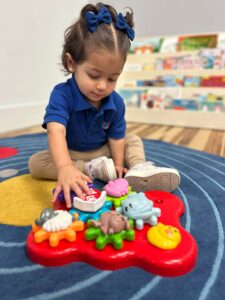Understanding Fine Motor Skills in Early Childhood
Fine motor skills are a subset of motor skills that involve the coordination of small muscle movements in the hands and fingers with the eyes. These skills are essential for performing tasks that require precision and control, such as writing, buttoning a shirt, or picking up small objects. In early childhood, the development of fine motor skills is particularly crucial as it lays the foundation for many everyday activities and academic pursuits.
During the early years, children are naturally curious and eager to explore their environment. This exploration is not only an expression of their innate curiosity but also a critical component of their motor development. Engaging in activities that promote fine motor skills helps children enhance their dexterity, hand-eye coordination, and cognitive abilities. For instance, stacking blocks, drawing, or playing with clay are all activities that can support the development of these skills.
Incorporating fine motor skill development into early childhood education is vital because it prepares children for future academic success. For example, the skills needed for writing begin with the ability to hold a pencil correctly, which is a fine motor skill. Additionally, these activities encourage problem-solving and cognitive development as children learn to navigate challenges.
Educators and parents can support this development by providing opportunities for children to engage in a variety of play-based activities that target fine motor skills. By doing so, they not only foster a child’s physical development but also contribute to their overall cognitive and social growth, setting a firm foundation for lifelong learning and success.
The Role of Daycare in Developing Fine Motor Skills
Daycare centers play a pivotal role in the early development of a child’s fine motor skills, which are essential for performing tasks that require precise movements. At institutions like iLEARN Preparatory in Miami, specialized programs are designed to nurture these skills from a young age, providing a foundation for future academic and personal success.
Fine motor skills involve the coordination of small muscles, particularly in the hands and fingers, which are crucial for activities such as writing, buttoning clothes, and eating with utensils. Daycare environments are uniquely suited to enhance these skills through structured activities that promote dexterity and coordination. For instance, children are often engaged in playful exercises such as building blocks, painting, drawing, and threading beads, all of which require controlled hand movements.
The structured yet flexible schedule of a daycare allows for repeated practice, which is vital for skill acquisition. Educators at daycare centers, like those at iLEARN Preparatory, are trained to observe each child’s progress and provide personalized guidance. They create a supportive atmosphere where children feel encouraged to explore and refine their abilities.
Moreover, the social setting of a daycare fosters peer interactions that can motivate children to practice their skills. Seeing peers successfully complete tasks can inspire children to attempt and master similar activities, enhancing their confidence and autonomy.
In sum, daycare centers serve as a cornerstone in developing fine motor skills, equipping children with the essential tools they need for their educational journey and beyond. Through a combination of expert guidance, engaging activities, and supportive peer interactions, daycares like iLEARN Preparatory ensure that children embark on a path of continuous growth and development.
Key Activities to Enhance Fine Motor Skills in Young Children
Developing fine motor skills is crucial in early childhood, as these skills lay the foundation for more complex tasks such as writing, buttoning clothes, and using utensils effectively. Fine motor skills involve the small muscles of the hands and fingers, and enhancing these requires a thoughtful combination of engaging and age-appropriate activities. Here are some key activities designed to support this essential aspect of early development:
1. Art and Craft Projects
Engaging children in art and craft activities such as drawing, coloring, cutting with scissors, and manipulating clay or play dough can significantly boost fine motor development. These activities require children to use their fingers and hands in a coordinated manner, thereby strengthening their dexterity and control.
2. Building and Construction Toys
Utilizing building blocks or construction toys encourages children to grasp, stack, and balance, which are excellent exercises for fine motor skills. These activities not only refine hand-eye coordination but also foster creativity and problem-solving abilities.
3. Puzzles and Beading
Puzzles and beading activities require precise hand movements, enhancing a child’s ability to manipulate objects with accuracy. These activities also improve concentration and spatial awareness, contributing to a child’s cognitive development.
4. Everyday Tasks
Incorporating simple everyday tasks like buttoning shirts, zipping jackets, or using utensils during mealtime can also be beneficial. These tasks provide children with practical experiences that are crucial for developing independence and confidence.
By incorporating these activities into a child’s routine, caregivers and educators can effectively support the development of fine motor skills, thereby setting a strong foundation for future learning and daily life activities.
Benefits of Early Fine Motor Skill Development for Future Learning
In the intricate tapestry of childhood development, fine motor skills play a pivotal role, forming the foundation for a child’s future learning and academic success. These skills involve the use of small muscles in the hands, fingers, and wrists, allowing children to perform essential tasks such as holding a pencil, cutting with scissors, or buttoning a shirt. By nurturing these skills from a young age, we set the stage for a lifetime of learning and achievement.
One of the primary benefits of fostering fine motor skills early is the enhancement of cognitive development. As children engage in activities that require precision and control, they simultaneously develop stronger neural connections, which bolster problem-solving abilities and critical thinking skills. These cognitive advancements are crucial as they prepare children for the more abstract concepts they will encounter in their educational journey.
Moreover, early fine motor skill development significantly impacts a child’s ability to master writing and other academic tasks. By honing these skills, children gain confidence in their ability to manipulate tools, leading to greater independence and self-esteem. This confidence often translates into a more enthusiastic approach to learning, as children are more willing to explore new ideas and tackle challenging tasks.
Finally, encouraging fine motor skills in early childhood fosters social interactions and collaborative play. Activities like building blocks or art projects require children to work together, enhancing their communication skills and promoting teamwork. These social skills are invaluable, laying the groundwork for positive relationships and effective collaboration in the future.
In conclusion, early development of fine motor skills is not just about preparing children for school; it’s about equipping them with the tools they will need to navigate the complexities of life with confidence and competence. By investing in these foundational skills, we are investing in a child’s future success.
Creating a Supportive Environment for Fine Motor Skill Growth
From the moment a child is born, they are thrust into a world filled with sensations, textures, and objects that they instinctively yearn to touch and explore. Fine motor skills are integral to a child’s development, encompassing the coordination of small muscles in movements—usually involving the synchronization of hands and fingers—with the eyes. This intricate dance of dexterity is foundational not only for childhood activities but also for lifelong tasks. As such, creating an environment conducive to nurturing these skills is of the utmost importance.
To cultivate a supportive atmosphere for fine motor skill growth, it is essential to provide children with a variety of materials and opportunities that encourage exploration and manipulation. This can include simple activities such as stacking blocks, threading beads, or playing with modeling clay. Each activity should be age-appropriate, ensuring that it challenges the child without overwhelming them. The key is to foster an environment where exploration is encouraged and mistakes are seen as part of the learning process.
Incorporating Playful Learning
Play is the natural medium through which children learn and develop. By designing activities that are both engaging and educational, parents and educators can seamlessly integrate fine motor skill development into daily routines. This might include drawing with crayons, cutting with child-safe scissors, or even engaging in finger painting. Such activities not only enhance dexterity but also stimulate creativity and cognitive development.
Furthermore, incorporating elements of play into learning helps maintain a child’s interest and motivation. It is important to remember that each child is unique, progressing at their own pace. Thus, patience and encouragement are crucial. Praising a child’s efforts rather than just the outcomes can significantly boost their confidence, paving the way for further exploration and mastery of fine motor tasks.
Ultimately, the goal is to provide a warm, welcoming environment where children feel supported and inspired to develop their fine motor skills. By doing so, we lay the groundwork for their future success, enabling them to handle more complex tasks with confidence and ease.
